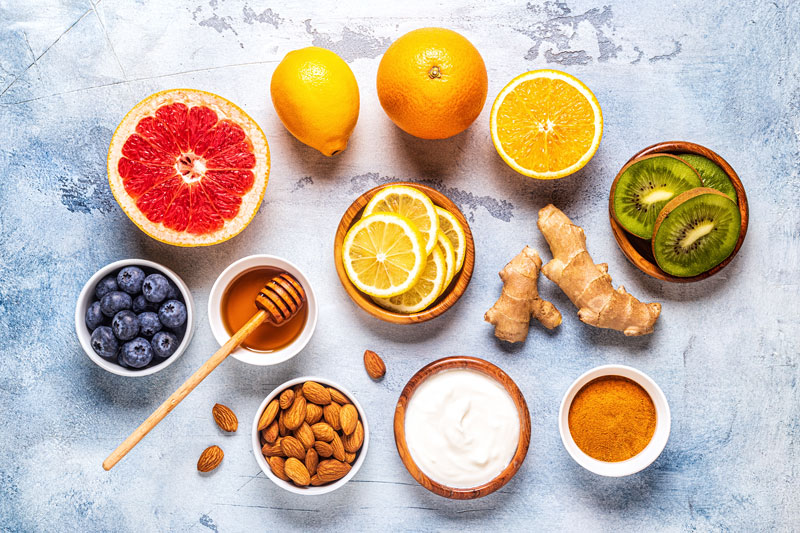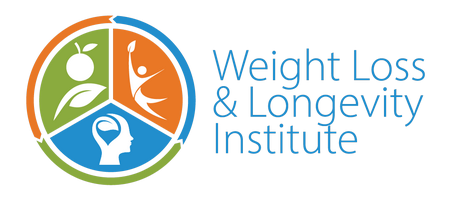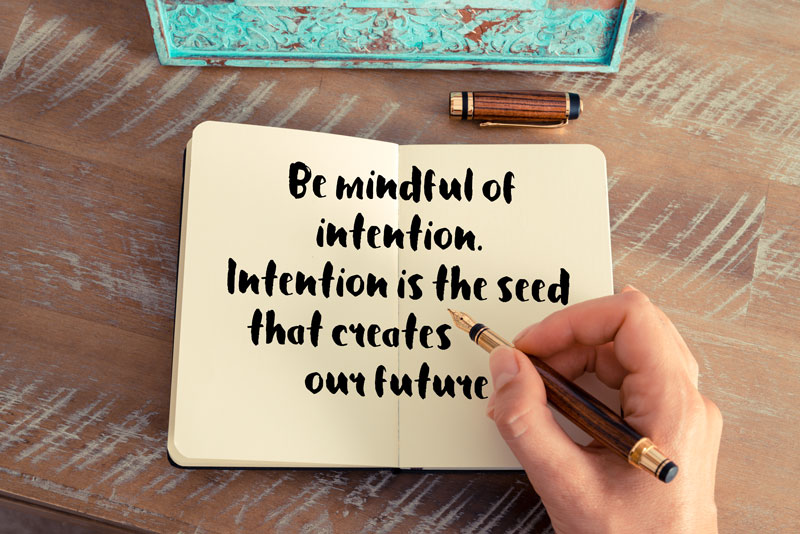Setting Intentions
Setting intentions and being present in the moment are wonderful tools to use through all of life’s situations and daily activities, especially for eating. It is of incredible importance to have a healthy relationship with food, one that is not too generous that it leads to detrimental effects on physical health, but also is not too harsh that it leads to discouraging effects on mental health. As Wayne Dyer eloquently put it,
“Getting in balance is not so much about adopting new strategies to change your behaviors, as it is about realigning yourself in all of your thoughts so as to create a balance between what you desire and how you conduct your life on a daily basis.“
Be Dedicated
One must be mentally prepared to venture on a new health journey and it first begins with understanding your ‘why’ for this change and then to focus on the ‘how.’ When we are sure of what we want, why we want it, and how we are going to get it, we subconsciously commit ourselves to those goals.
That commitment, discipline, and dedication is the fuel for pushing us through when things get tough or when we have setbacks. That same commitment, discipline, and dedication is what will help us stick to the blueprint we created with our steps to success, our plan of action, our lifestyle changes, and healthy habits.
Your Relationship with Food
Have you ever thought about your relationship with food? Some people love to eat, but others do not enjoy it as much, so they simply do it for sustenance. Some people use food as an emotional crutch leading to unhealthy food choices, and ultimately to various diseases of the cardiovascular, endocrine, digestive, respiratory systems, and more.
Other people do not prioritize eating as much, therefore they eat what is convenient and required get by, which could lead to malnutrition, chemical imbalances, and various diseases. What both types of people have in common is an unhealthy relationship with food. Those who have healthy relationships with food, eat with balance in mind.
Catherine Pulsifer said, “Too much of one thing can end up creating stress; this is something that no one needs in their life. But living a life in balance can provide harmony and peace.”
Create Balance
To create balance within daily eating patterns, one must set the intention to eat appropriate foods, in appropriate amounts, at appropriate times. To consider a food ‘bad’ or ‘good’ can add stress and guilt to your food choices which may cause discouragement when you make choices that do not align with your original healthful intentions.

It is better to think of a food being nutrient dense or nutrient deficient.
Cultivate the kind of relationship with food so that you will want to consume nutrient dense foods; foods that will fight disease and fuel longevity. Be mindful that your body can only feel and perform as good as what it is fed.
Processed foods with added fats, sugar, and sodium are the foods that will have the opposite effects. These foods are deficient in the beneficial nutrients that will make you feel like you have the energy and strength to take on any day or situation.
Vitamin, mineral, and antioxidant rich foods are going to be the choices that make you feel good mentally and physically.
Moderation
Allow yourself the leniency to enjoy in moderation the foods that you are accustomed to on special occasions or for tradition. This will also help you feel less restricted, so you can appreciate the familiarity of foods you love. By being mindful of portion sizes, you will empower yourself to have a healthy balance of what you need and what you want for optimal health.
Today, recreate your relationship with food by setting your healthy intentions, dedicating your choices to align with your action plan, and allowing yourself to enjoy opportunities with moderation in mind!

